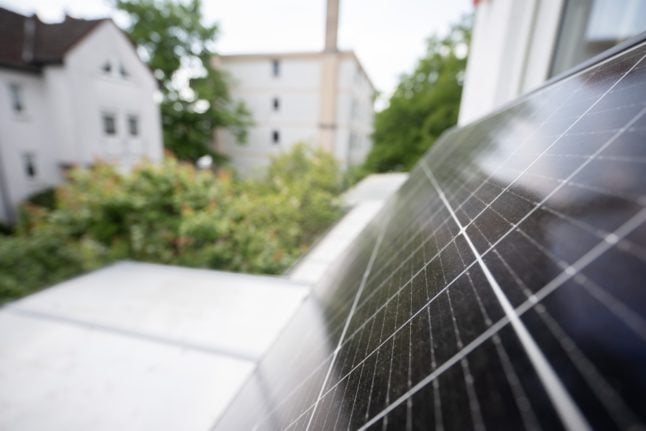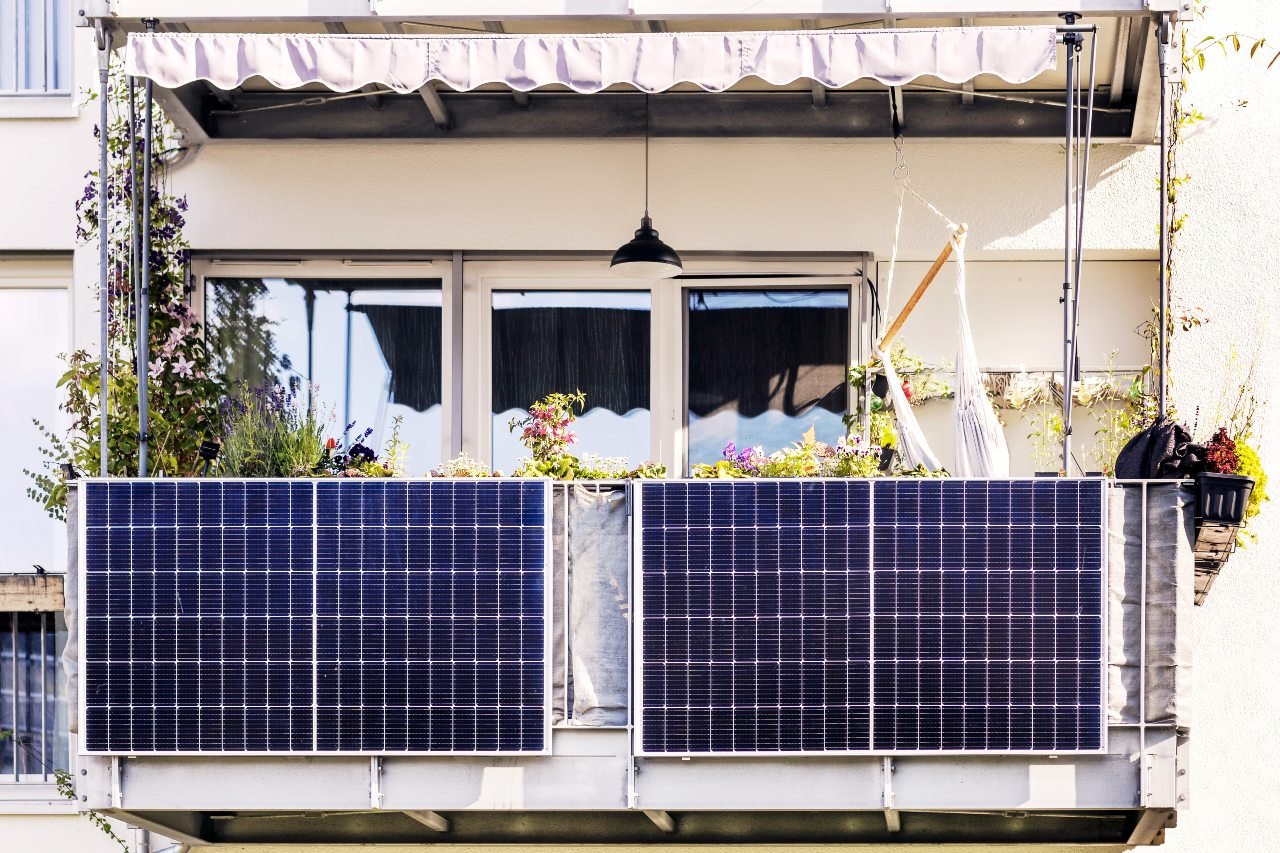Built to carry Russian gas to Germany, the pipelines in the Baltic Sea were ruptured by subsea explosives months after Russian President Vladimir Putin sent troops to Ukraine in February, 2022.
Western countries have blamed the explosions under the Baltic Sea last September on Russia, but the Kremlin has accused the West of sabotage.
German, Swedish and Danish authorities have been investigating the blasts that sparked four leaks.
On Thursday, the Russian foreign ministry said it summoned the envoys and made an official diplomatic protest over “a complete lack of results of the national investigations allegedly carried out by the authorities of these countries”.
Moscow decried the three EU nations for failing to “ensure the transparency” of the investigations and insisted that Russia should be involved in the probes.
The Russian foreign ministry also pointed to the three countries’ “lack of interest” in establishing the truth.
“They are clearly dragging their heels and trying to conceal the traces and the true perpetrators of the crime,” the ministry said in a statement.
In March, the UN Security Council rejected a Moscow-drafted resolution calling for an independent inquiry into the sabotage.




 Please whitelist us to continue reading.
Please whitelist us to continue reading.
Member comments